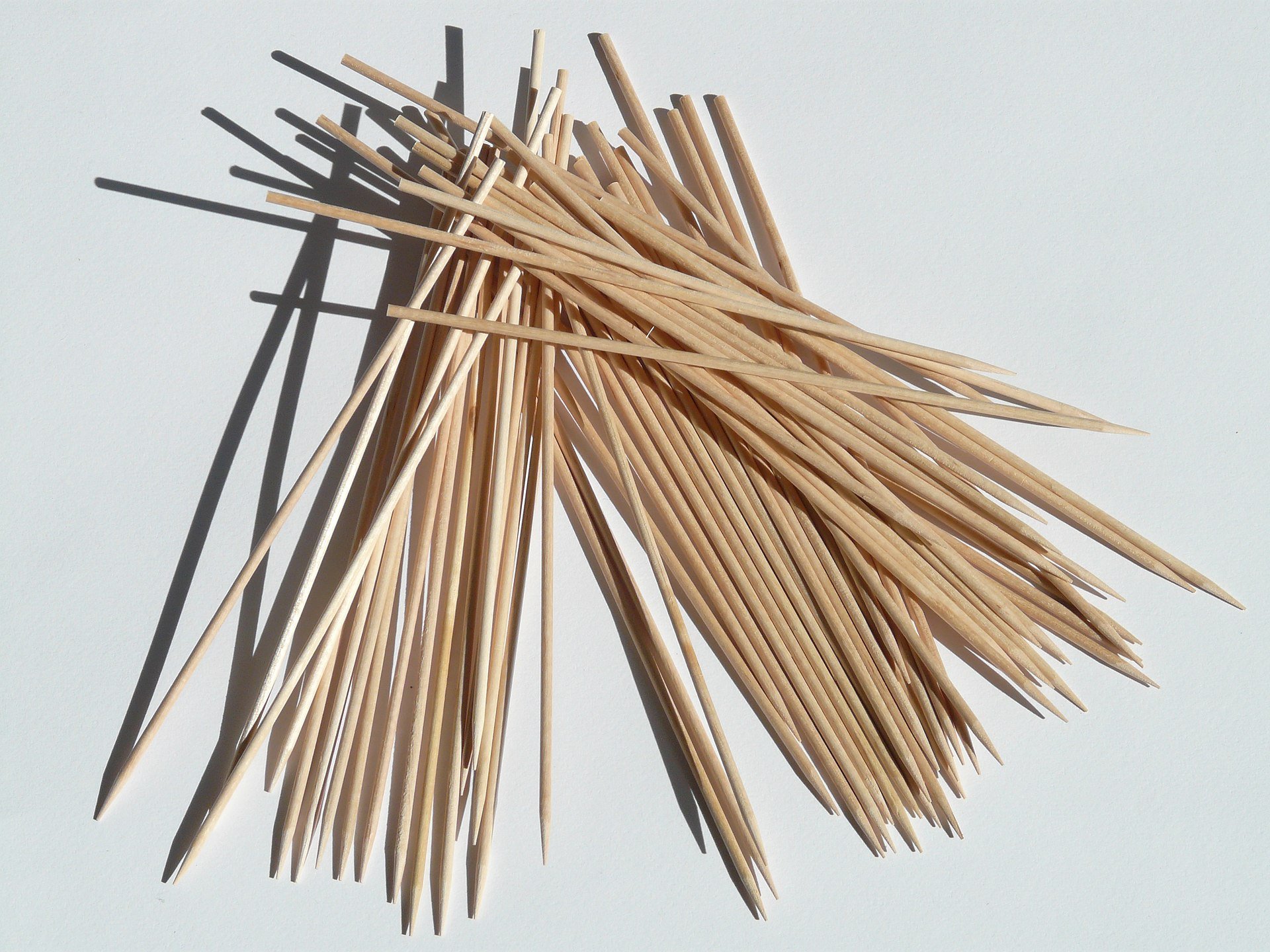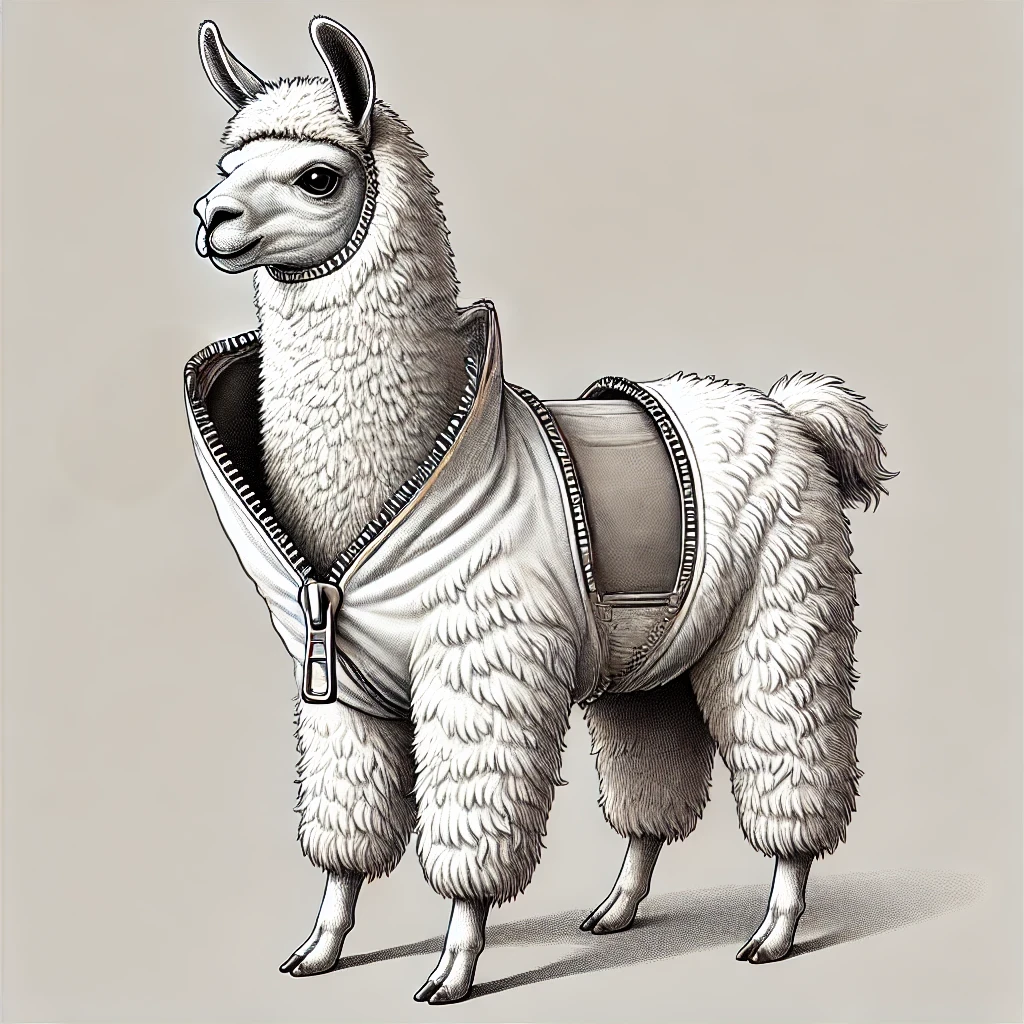- cross-posted to:
- [email protected]
- cross-posted to:
- [email protected]
Yeah I’m not putting all that effort and potentially ruining my washing machine to save me a few cents per wash. That seems ridiculous.
You don’t even have to buy the fancy, expensive, in a pod detergent or anything, considering they always contain the same stuff that comes in a box/bottle. Just buy whatever’s cheap.
Yea, making your own laundry detergent from grated soap and borax seems like something people with money do to convince themselves they’re frugal. When in reality, there is no way in hell you’re making a commodity cheaper than GreatValue ™
It’s worth noting that cat owners(at least, never had anything buts cats) should avoid certain essential oils, As our furry pals’ little organs aren’t equipped to process them, and they can easily be deadly!
@[email protected], saw you mention essential oils too, just a PSA.
Hello electricians and safety nerds. Fabric softener removes the fire rating on fire rated clothing protecting you from arc flash hazards.
‘Most millennials aren’t buying enough of our shit and that’s a HUGE PROBLEM that all of you definitely care about!’
That’s some pretty useful advice in the comments tho. But also I’m 52 years old and have literally never used fabric softener in my life and have no idea what it’s supposed to be for other than making companies like Proctor & Gamble even more money.
Also, another handy tip: ‘lather, rinse, repeat’ is bullshit, unless you have really thick or really oily hair and don’t wash regularly, you don’t need to wash it twice, the shampoo company just wants you to buy more. Same with fill marks in a washing machine, unless you’re doing a huge load there’s no reason to fill it all the way up.
I gotta wash mine twice(when i do wash it), but that’s because of the extra oils I put in my hair. The first wash absorbs so much of the oil it won’t really even lather.
Obvious solution seems to be to put less oil in your hair? shrug
Then it doesn’t look right. Obvious solution is to just wash my hair twice. So obvious it’s what I do and it works great.
I’ve literally never put oil in my hair in my life (tho now I say that I dunno if shampoo/conditioner has oil in it. Probably.) It’s looked fine this whole time.
I’ve probably had pretty long hair for longer than you’ve been alive. If you have long hair and wanting it to look not crazy without tying it up, you’re putting something in it. Whether it’s leave in conditioner, or fiber or pomade or gel or hairspray or some type of oil or you manage to skip all that by straightening it all the time; you’re putting something in it or doing something to it. Very few people have an exception to this. Namely people who have very straight, limp hair.
I’m in my 50s so color me skeptical on that count, but fair enough. ;) But yeah, I’ve never been able to grow my hair out and keep it that way even though I do have very straight, limp hair just because it was always a pain to wash and care for and I just didn’t care enough.
and don’t wash regularly
Even washing hair regularly is a scam. If you wash once a week your hair will be fine. It’ll look like shit for a few weeks until your scalp gets the message that you aren’t stripping away all the natural oils still and that it can cut back on oil production but afterwards your hair will be healthier.
I’m sorry to have to say, but the idea of “hair training” is a myth.
The oil glands (which are known as sebaceous glands, and produce an oil called “sebum”) are controlled by genetics, hormones, and stress. Sebaceous glands don’t have any sort of “sensor” to tell them when to produce more/less oil, so washing or not washing won’t make a difference.
Thank you. I have extra oily hair so if I skip washing it even a single day it starts to look like I’m using pomade, and whenever I tell people this they always insist I should just wash it once a week and my head will “adjust.”
I am the exact same, friend. My hair becomes a big oil slick after only a day without washing and it’s really obvious. Which is part of why this particular myth bothers me so much.
First, as teens, we had uninformed randos without oily skin telling us to heal our acne problems by putting nonsense like toothpaste and silly putty on our faces. Now, those same uninformed, non-oily randos tell us that our greasy hair can be solved by not washing it.
But my dermatologist was right about the acne care they recommended, I’m inclined to trust them about my scalp care too.
Yep, I had really bad acne when I was younger and the only thing that worked was isotretinoin, which is rough. My lips cracked and bled while I was taking that but when I was finished the acne was gone.
They made me pledge not to get pregnant while taking it despite the fact that I don’t have a uterus, lol.
This is true, but greasy hair looks greasy and makes your pillow smell bad which impacts your ability to fall asleep.
Like sure, it’s not natural to wash your hair every 2/3 days, but imo it’s worth it
No, your hair stops becoming greasy. That’s the point. It gets that way because you’re stripping the oils, so it produces more to replinish it. If you stop then your scalp eventually adjusts and stops producing much oil.
People think greasy hair is just what happens, but no. It’s what happens when you’ve been stripping your hair dry for years and your scalp is trying it’s best to fix the problems you’re causing. Stop causing problems and it’ll normalize.
I wash with water frequently, but when I really need a good clean I wash with conditioner. The oils bind and are removed but your hair will be refreshed. I rarely wash with shampoo, for years at this point, and my hair isn’t greasy. It just feels healthy.
I’m not sold on that homemade detergent. Soap tends to leave insoluble residue, especially when you have hard water. There is a reason why almost everything uses synthetic detergents (though it might also be because those are cheap).
Gen X here, I only use unscented dryer sheets because if I don’t I will get shocked a lot. My apartment is great because the humidity is super low in the winter, but clothing hurts. Humidifier doesn’t work because if I don’t use distilled water everything gets a rust color on it. Also I’d be going through a gallon of distilled water a day. I can’t afford that, but I sure as heck can afford a big box of unscented dryer sheets that solves my problem.
I’m not convinced about the cost. A kilogram of borax seems to run about $10CAD. 2 cups, at 1.7g/CC, would be about 850g, so $7 just for the Borax. Unless there’s a much cheaper place to get it…
A ~5L jug of Tide costs $31, or about $6/L. If they have approximately equivalent cleaning power per volume, Tide wins.
Most of that tide jug is water.
Yeah, which is why I added the note about cleaning power per unit volume. But it’d have to be a fair bit more powerful to make the effort worth it, I think.
We use maybe 50ml of Tide (so that’d be probably 100 loads) when doing our laundry, so if that’s equivalent to like one tablespoon of the Borax mix, I could see it saving me $20 or so overall, if it’s three times stronger.
So it’d come down to how much time I spend shopping and combining the mixture vs just buying it.
Mind, that’s just the borax. Bar soap and baking soda are cheap but not free.
(edit: and before someone jumps on me about “baking soda”, I was thinking of it in terms of decomposing it into carbonate in the oven. I haven’t priced out washing soda)
My favorite is the Tide Free and Clear commercial where the kid goes “look dad, it’s just as clean but without any of the chemicals that harm me!” They’re literally admitting their core product contains harmful chemicals yet people are still buying it!
It’s worse. Fabric softener is composed of an anti static oil. When you run it in the laundry, it coats all of your clothes with a very thin layer of oil.
Which is why towels dried with fabric softener and dryer sheets don’t absorb water anywhere near as well as plain towels dried without it!!
My mom complained to me for years that I wasn’t “doing it right” by not using fabric softener. But her towels are useless compared to mine! She continues to spends $100/ year on fabric softener while on social security. Over the year she has spent thousands and thousands of $$$. 🤦♀️
yup, I kept finding these weird stains on our clothes and figured out it was from the fabric softener sheets, stopped using them immediately. Can’t even tell the difference tbh
Washing Soda
No. Just no. Sodium carbonate, you americans!
Also called soda ash.
Wool balls do not work with synthetics.
Synthetics are terrible anyway
Cotton fibers from repeated washes and clothing waste are also terrible though. In my case, one pair of synthetic outdoor or workout pants lasts over a decade while a pair of cotton jeans or khakis has the crotch chewed out within months. As far as I understand the math on the environmental impact, it’s more about using the same items for as long as possible than what material those items are.
Nobody’s mentioend laundry detergent sheets yet? Super cheap. I buy the Poesie brand. 160 sheets in a box for $9.49. That’s just under 6¢ per load. For my two loads of laundry per week, a box lasts me a year and a half.
Bonus: the box takes up almost no space, 6" x 5" x 3".
Also, white vinegar is an awesome replacement for fabric softener!
“Detergent sheets”, “dryer sheets”, it’s like you’re in a different world with these fantastically strange single-use products :D
They look like a tissue made of rough fiber, do they dissolve or do you have to throw them away after usage? Either way it seems less practical than just adding a bit of powder, but what do I know :)
Another replacement for fabric softener is hair conditioner (diluted with water so it runs better). I only use it when washing polyester fleece, since that gets fiercely static, so it’s nice to be able to use a product we already have at home.
Detergent sheets completely dissolve in the wash.
Single-use? I mean … sure? I guess? The same way a scoop of detergent powder is single-use.
But won’t that make your clothes smell like vinegar?
How much do you imagine should be used per load?
1/2 gallon
Are you trying to pickle your clothing?
You only need 1/4 Cup…
You can just use white vinegar instead of fabric softener. It’s significantly cheaper, can be used for other non-laundry things, eliminates odors, and doesn’t gum up your washing machine with residue.
Is there anything vinegar can’t do?!? Between white and apple cider vinegar, I feel like they cover so many areas of cleaning and household stuff.
Vinegar ain’t basic, that’s for sure.
how much is a cup in non freedom units?
Freedom units should be replaced with something like racist units or genocide units or orange units
The freedom was always sarcastic
I tend to use moon landing units.
Didn’t the Apollo missions use metric, though?
So the metric units? Those were used by racists and genocidal tyrants throughout history.
239.59 ml
Edit: switched out the original number for the correct number
Wow I had not even realised that this would actually be a well defined unit. I thought it was like “add a spoon of sugar” in recipes.
It happened a lot in our nation’s history that folks would have relatively simple kitchens not equipped with scales or even a set of measuring cups, so eating vessels and utensils would be used. A lot of staple American baked goods like biscuits are really more about feeling the consistency of the dough than sticking to a recipe anyway, so laboratory precision is not necessary.
At some point the cup got codified as half a pint, or 8 fluid ounces, or slightly under 0.125L. A tablespoon is 1/2 of a fluid ounce and thus 1/16th of a cup. A teaspoon is 1/3 of a tablespoon.
It works out that tea- and tablespoons are ~ 4.928 and 14.786 mL respectively. The medicine industry, which actually does everything in metric and has for decades now, often writes dosing instructions in metric tea- or tablespoons of 5mL and 15mL respectively. For example, my bottle of Listerine mouthwash says in its instructions “swish 10mL (2 teapoonfuls) between your teeth for 30 seconds…”
Believe it or not we also know how long an inch is, too.
Yeah I get why it makes sense to have recipes with “add about a cup of X”, but it surprises me that someone decided to make it an official unit of an exactly defined amount
It boggles your mind that the units people were actually using became standardized?
not all cups are the same so why would anyone say “this is now the exact amount of a cup”?
The amount measured by a typical tea or coffee cup is approximately 1/2 US Pint, so when it comes time to codify it that’s a reasonable place to put it.
Anything else you wish to artificially complicate?
I just realized 59.15 ml is 1/4 of a cup while 1 cup is 239.59 ml
Annoyingly, the US has two different “cups”
US legal units puts it as 240ml
US Customary Units puts it at 236.59ml
Then there’s Imperial cups, which is 284.13ml
Freedom units were imported from Britan.
And then bastardised.
Chad UK/Irish Imperial pint: 568ml
Virgin US Customary Unit pint: 473ml
Honestly at a loss here. The title references fabric softener, but the content relates more specifically to DIY laundry detergent while only mentioning that softener makes clothes more vulnerable to wear & tear. What’s the nitty-gritty on the fabric softener? Does it actually damage clothing in some way?
As geek analogy, is it like the subatomic bacteria that starts destroying the Klingon ship in Star Trek: the Next Generation S2E8’s “A Matter Of Honor”, or does it just make the material more susceptible to tearing?
Yes. As I understand it, fabric softener softens the fabrics. Obviously. Which makes them more prone to ripping, tearing, and just deteriorating faster. In addition to being another cost, both financial & possibly environmental, it’s plain unnecessary.
I buy some really nice clothing & I want my clothes to last as long as possible. Most of my clothing takes a long time to wear out. My recipe for success for the last 10 years is precisely as follows:
I have a frontloading washing machine, which uses far less water & it doesn’t have an agitator screw thing in the middle that grabs your wet clothes (clothing is weakest when it’s wet). I button & zip my pants, and anything else with a zipper like a jacket, so the zippers aren’t attacking clothes during the wash cycle. Nice clothing, I turn inside-out to preserve designs or outward-facing fabric. I use the ECOS greywater friendly laundry detergent from Costco, and I just use more of it like I dump a full cap or 1.5 caps per load. In case it’s not as effective as conventional, just use more. Plus 1 scoop OxiClean (idk the greywater/waste impact of OxiClean; I’m convinced it’s a powerful multipurpose cleaning agent that is gentle on clothing).
All clothing is treated the same, whites & brights & colors & blacks, all get washed together, I couldn’t care less. Run washer on Tap Cold, Extra High Spin, Heavy Soil level every time. No matter the load. So my washer works extra hard to gently wash my clothing & then wring nearly all the water out of it. The harder you run the washer, the less work is done by the dryer, which save you electric/gas & is gentler on your clothes.
Then my athletic gear, wool socks, and denims never go into the dryer, I let those air dry. The rest is gently run through the dryer & “it is what it is”, it’s mostly stuff that doesn’t really matter.
It takes longer to write out than to do, you can see, it’s quite expedient. I don’t separate. I dump a lot of simple, gentle detergents in. Wash when dirty, wring out water, dryer if necessary. I’m telling you: my clothes last a very long time. Less is more.
Sound habits, these. Except for the front-loader, and Oxiclean, it sounds like we’re on the same page. Aside from these strategies, I figure that the quality of the clothes, and having kept all synthetics out of my dresser/closet have helped to lengthen the life of my clothing as well.
















